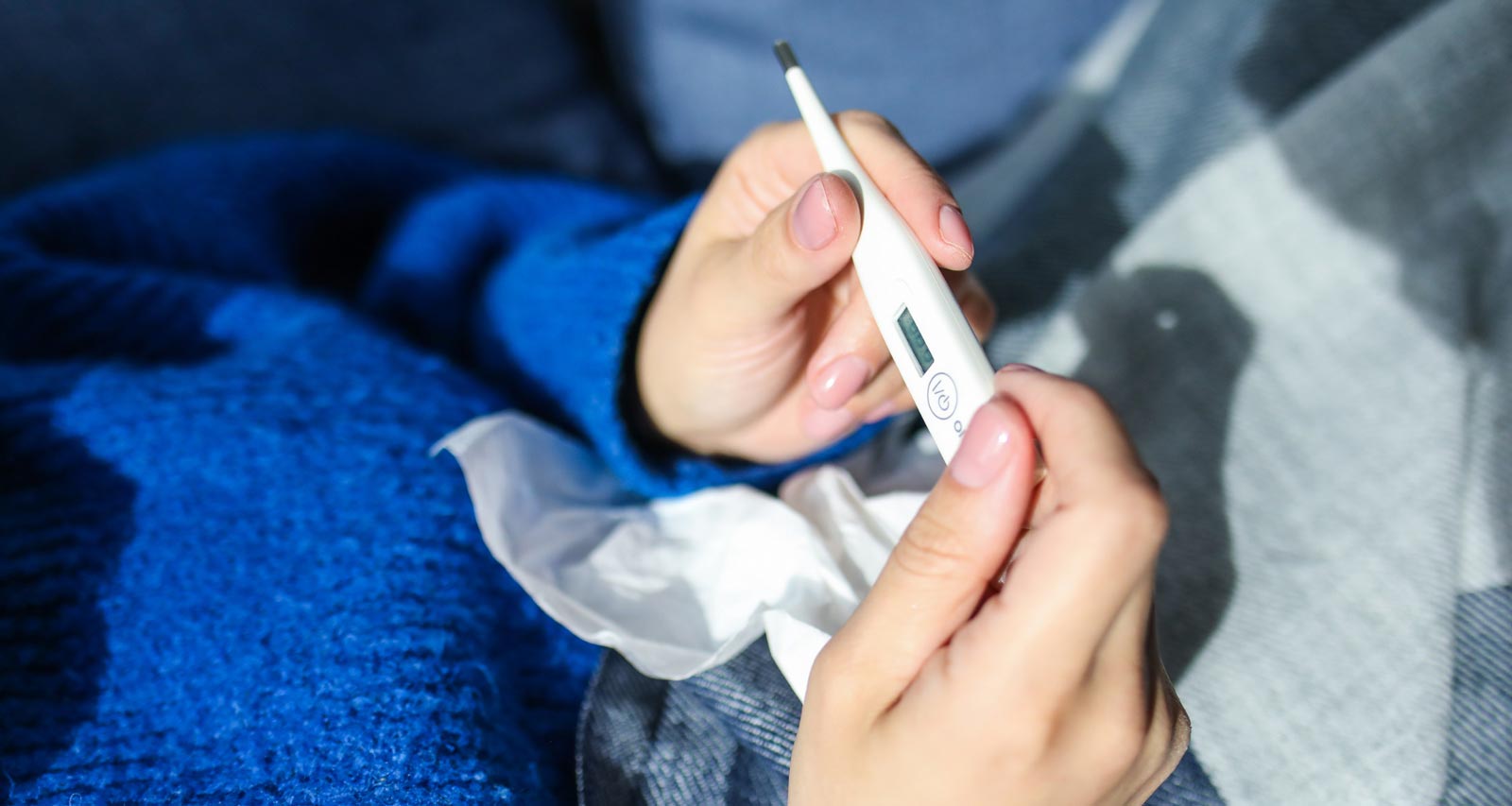No matter what you do, your nose just keeps on dripping — and the more you blow your nose, the tenderer it becomes. What should you do? Understanding more about common causes of nasal drip can help ensure that you properly manage your symptoms and feel more comfortable soon. If your condition is severe or long-lasting, consult your doctor.
If your runny nose is accompanied by a sore throat, cough, headache, low fever or sneezing, you may have a cold. On average, adults in the U.S. catch about two colds per year. Little tykes get them even more often, at about six each year. Colds are caused by a virus, and usually last three to 10 days. To help combat the common cold, get some rest and consider taking over-the-counter medications; both may help you heal more quickly — or at least feel more comfortable in the
meantime.
Allergies are another common culprit for a runny nose. While symptoms are easy to confuse with a cold, flare ups around the same time every year could stem from seasonal allergies. Similarly, if your nose drips after exposure to potential allergens such as dust, mold or pet hair, allergies
may again be to blame. When you’re allergic to something, exposure to it causes your immune
system to react, resulting in symptoms such as watery eyes, sneezing and the dreaded runny nose. Treatment often includes antihistamines, decongestants and avoiding the allergen.
If the drips from your nose are green or yellow, or you have an ache in the middle of your face that worsens when you lie down or lean forward, you could have a sinus infection. Sinus infections can be caused by bacteria, viruses or other conditions, such as allergies, asthma and colds. They can affect the nasal passages in your face and do usually clear up on their own. In some cases, however, they require antibiotics, especially if they last longer than a week to 10
days
If your runny nose never seems to fully let up or let up for long, non-allergic rhinitis — a.k.a. vasomotor rhinitis — may be to blame. Although the symptoms are similar to allergies, they aren't triggered by the immune system. You may experience chronic sniffling, sneezing and nose running due to certain smells, medications, weather changes or certain foods, such as spicy items. There's no known cure, according to the American Academy of Allergy, Asthma & Immunology, but you can manage symptoms by avoiding triggers, taking appropriate medications and using a saline rinse.
● Go gentle on your nose. Rather than blowing your nose harshly into tissues, which can exacerbate symptoms, gently catch the drips. When you do blow your nose, do so gently,
one nostril at a time.
● Consider an OTC medication. Expectorants can help ease a runny nose by melting down mucus, and a nasal decongestant may help dry up the mucus. Mucinex® D combines both a decongestant and expectorant, and can help relieve symptoms for up to 12 hours.
● Stay hydrated. Dehydration can worsen congestion and related symptoms, so drink plenty of water. Other hydrating options include herbal tea and broth-based soups.
● Take a steamy bath or shower. For even more moisture, take a warm bath or shower. Breathing in steam can help clear your nasal passages.
● Mayo Clinic: Runny Nose Causes
● University of Maryland Medical Center: Common Cold
● Mayo Clinic: Cold or Allergy: Which Is It?
● Everyday Health: Is it a Sinus Infection, a Cold, or Allergies?
● American Academy of Allergy, Asthma & Immunology: Nonallergic Rhinitis (Vasomotor Rhinitis)
● Columbia Health: Go Ask Alice! Nose Won't Stop Running
● Mayo Clinic: Nonallergic Rhinitis: Symptoms and Causes
● Baylor College of Medicine: Tips Help Manage Pesky Sinus Symptoms







